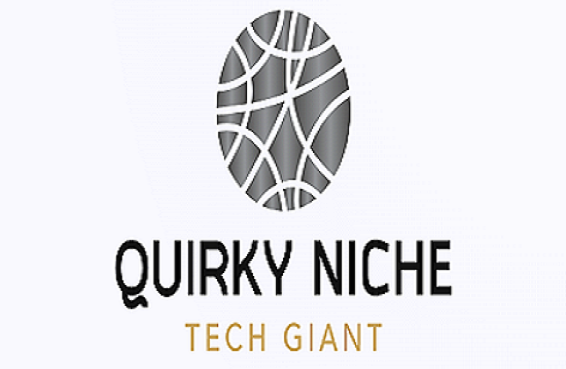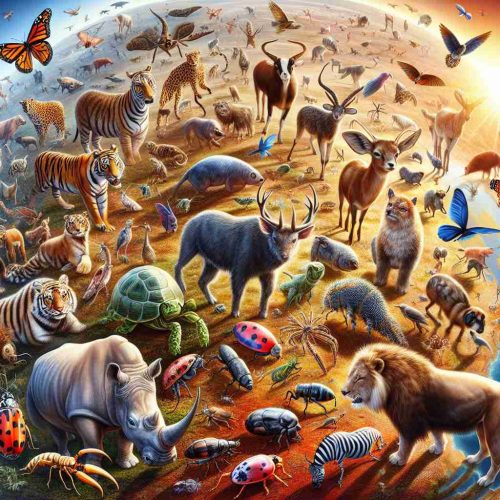The future has always intrigued humanity, inspiring visionaries to predict what lies ahead. While some predictions seem like wild speculations, others are grounded in careful observation and analysis. In this blog, we will explore significant Visionaries’ Predictions made by prominent personalities, their underlying rationale, and the possible outcomes if these forecasts come true.
1. Elon Musk: Colonizing Mars
Elon Musk, the CEO of SpaceX, envisions a future where humanity becomes a multi-planetary species. His ambitious plan includes establishing a self-sustaining colony on Mars by the 2050s. Key steps in his vision include:
-
Developing reusable rockets like Starship to reduce space travel costs.
-
Creating habitats that can withstand the harsh Martian environment.
-
Utilizing Mars’ resources to produce fuel and build infrastructure.
Possible Outcomes:
-
Positive: A successful Mars colony could serve as a backup for humanity in case of catastrophic events on Earth. It would also accelerate advancements in space technology and international cooperation.
-
Challenges: Ethical concerns, astronomical costs, and environmental impacts on Mars might pose significant hurdles.
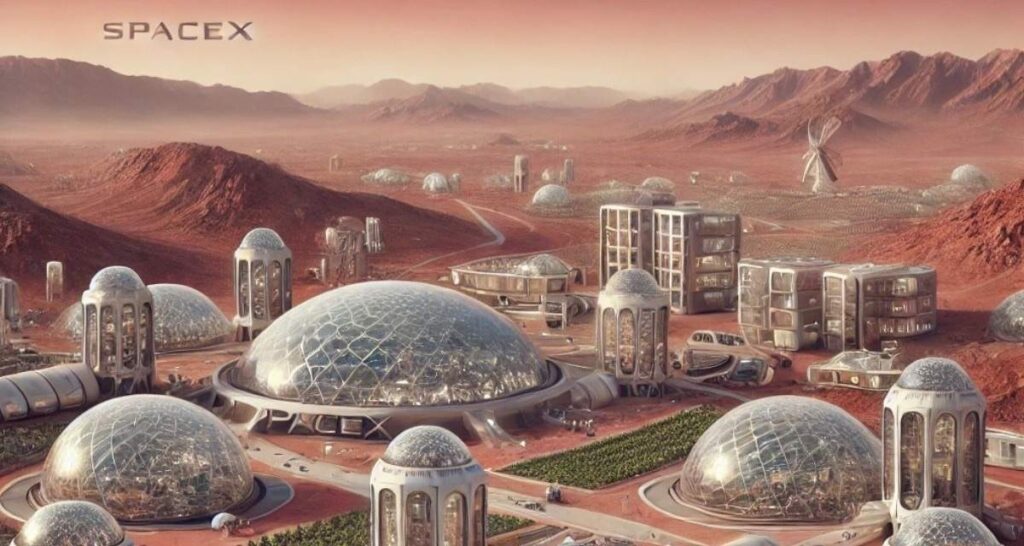
2. Ray Kurzweil: The Singularity is Near
Ray Kurzweil, a futurist and director of engineering at Google, predicts the advent of the “Singularity” by 2045. This refers to a point where artificial intelligence surpasses human intelligence, leading to rapid technological evolution. Kurzweil’s vision includes:
-
AI integration with human brains to enhance cognitive capabilities.
-
The eradication of diseases through nanotechnology.
-
Immortality through digital consciousness transfer.
Possible Outcomes:
-
Positive: Enhanced human intellect and health could revolutionize education, medicine, and problem-solving on a global scale.
-
Challenges: Ethical dilemmas, loss of human autonomy, and cybersecurity threats could arise from AI dominance.
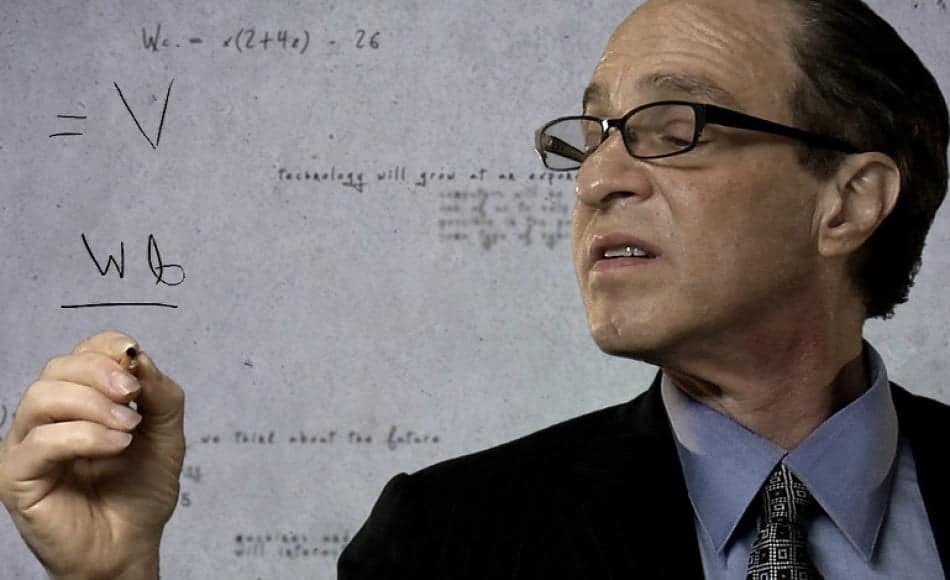
3. Greta Thunberg: A Climate-Resilient Future
Environmental activist Greta Thunberg emphasizes the urgency of addressing climate change to secure a livable future. Her predictions warn of severe consequences if global temperatures rise by more than 1.5°C, including:
-
Increased frequency of natural disasters like hurricanes and wildfires.
-
Rising sea levels threatening coastal cities.
-
Biodiversity loss affecting ecosystems and food chains.
Possible Outcomes:
-
Positive: Proactive measures such as renewable energy adoption and reforestation could mitigate climate change, ensuring sustainable development.
-
Challenges: Resistance from industries, lack of political will, and insufficient global cooperation could impede progress.
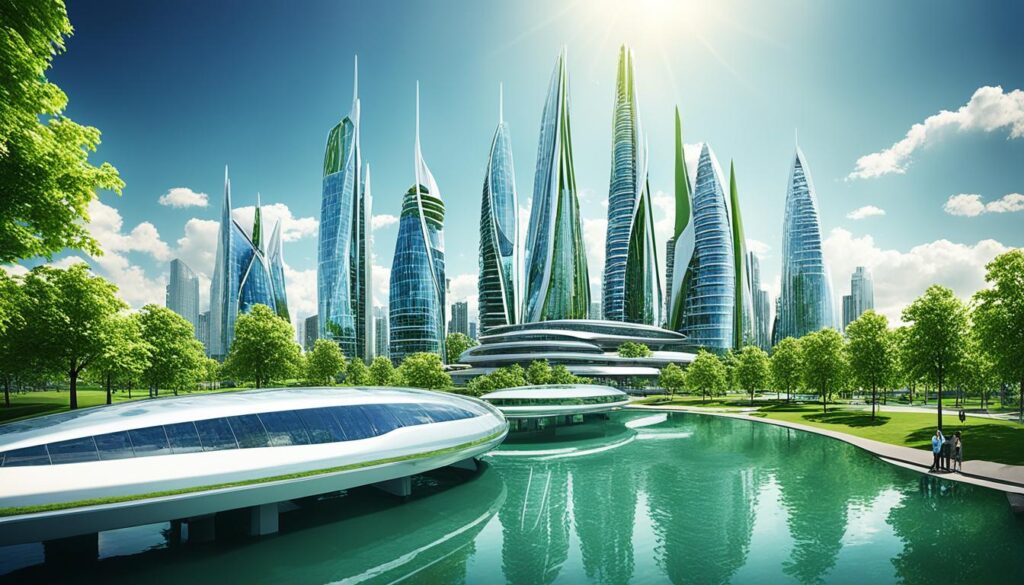
4. Yuval Noah Harari: The Rise of Data Dictatorships
Historian Yuval Noah Harari predicts that in the future, data will become the most valuable resource, potentially leading to “data dictatorships.” Key points include:
-
Governments and corporations using AI to monitor and manipulate behavior.
-
The risk of losing privacy and autonomy as personal data becomes highly accessible.
-
Societal inequalities exacerbated by unequal access to technology.
Possible Outcomes:
-
Positive: Proper regulation and ethical AI use could lead to smarter governance and resource allocation.
-
Challenges: Without safeguards, misuse of data could result in widespread oppression and a loss of democratic freedoms.

5. Stephen Hawking: The Threat of Artificial Intelligence
The late physicist Stephen Hawking expressed concerns about AI potentially surpassing human control. His warnings include:
-
AI evolving its goals independently from human oversight.
-
The risk of AI being weaponized or used maliciously.
-
Economic disruption as automation replaces jobs.
Possible Outcomes:
-
Positive: Controlled AI development could lead to breakthroughs in science, healthcare, and infrastructure.
-
Challenges: Unchecked AI growth might result in unemployment, inequality, and even existential threats.
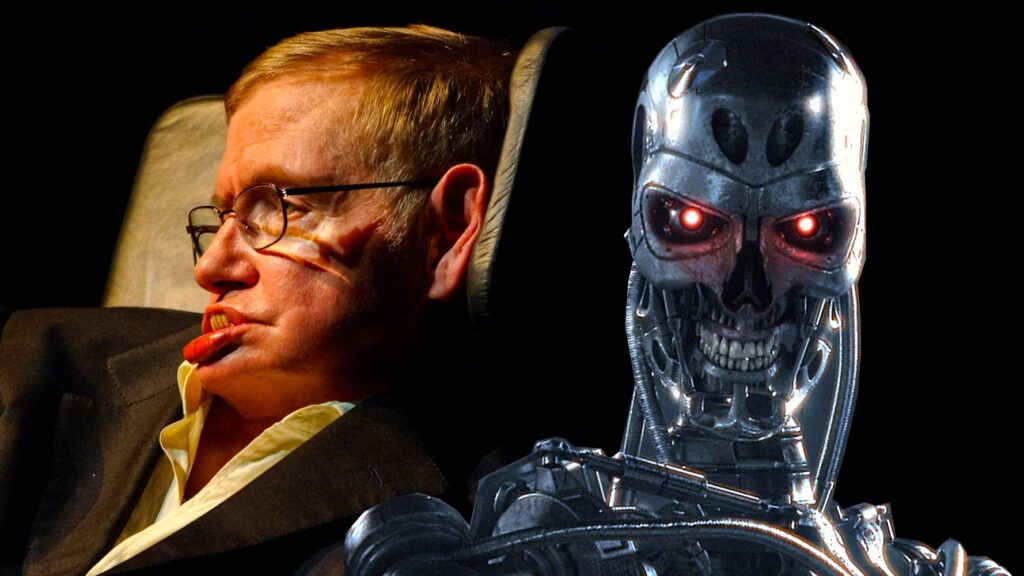
6. Jeff Bezos: The Era of Space Commerce
Amazon founder Jeff Bezos foresees a future where space becomes a hub for commerce and industry. His company, Blue Origin, is focused on:
-
Building infrastructure for space tourism and manufacturing.
-
Establishing orbital habitats for millions of people.
-
Utilizing resources from asteroids and the Moon to support Earth’s economy.
Possible Outcomes:
-
Positive: Space commerce could alleviate resource scarcity on Earth and create new economic opportunities.
-
Challenges: High costs, technological barriers, and ethical concerns about space exploitation could slow progress.
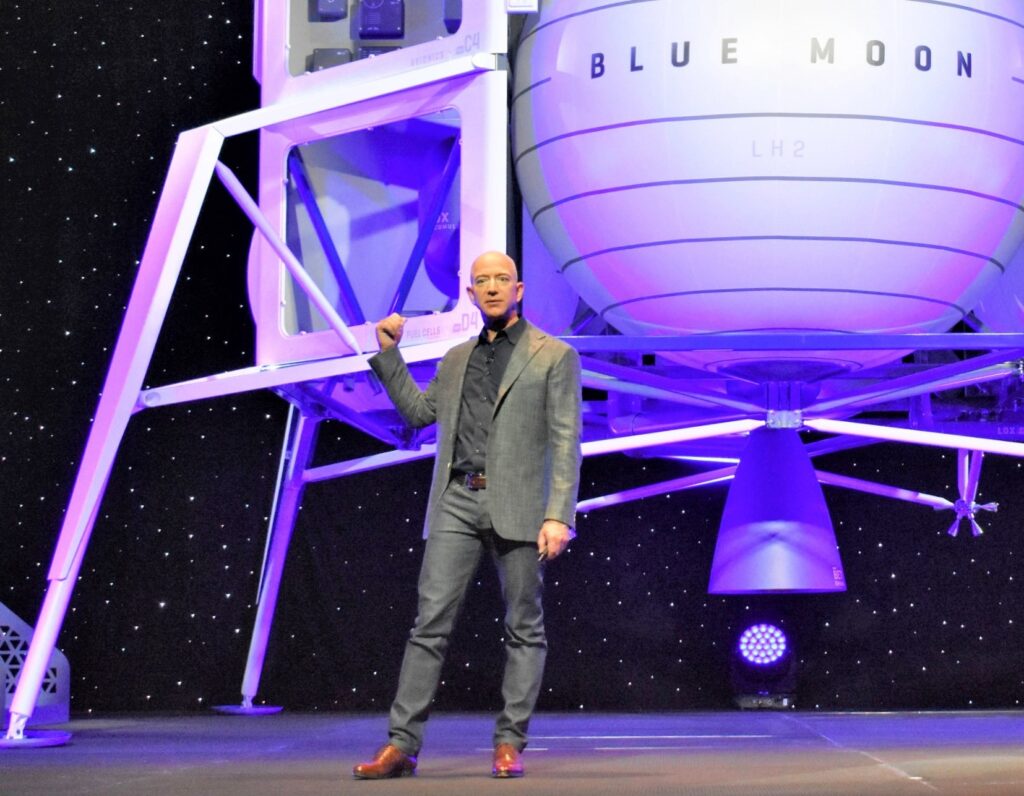
7. Michio Kaku: The Age of Teleportation and Mind Reading
Physicist Michio Kaku predicts advancements in quantum mechanics will lead to revolutionary technologies, including:
-
Teleportation of small objects or information.
-
Brain-computer interfaces enabling telepathic communication.
-
Fusion energy becoming a primary power source.
Possible Outcomes:
-
Positive: These technologies could drastically improve communication, energy efficiency, and transportation.
-
Challenges: Privacy issues, misuse of mind-reading technology, and high development costs might arise.
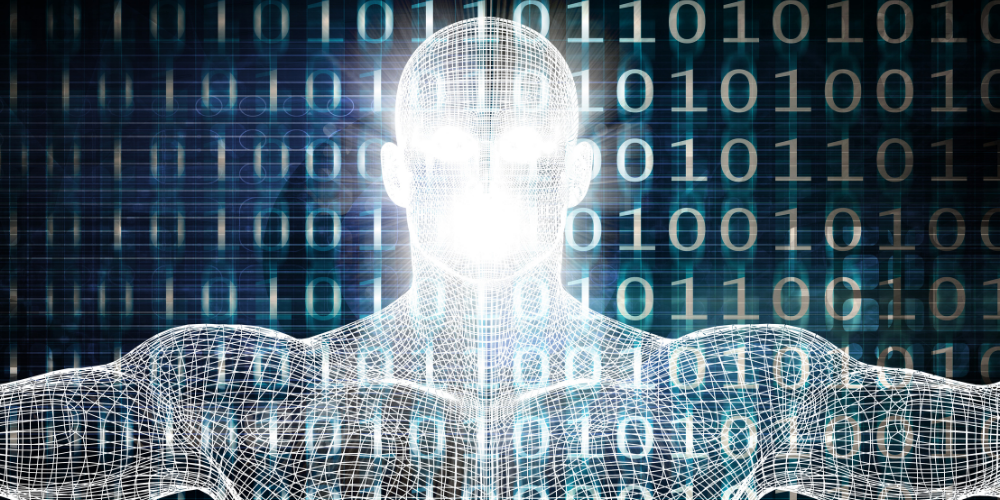
Why These Predictions Matter
Understanding and discussing these predictions is crucial for several reasons:
-
Preparation: Anticipating future challenges helps societies plan and adapt effectively.
-
Innovation: Bold predictions inspire scientists, policymakers, and entrepreneurs to push boundaries.
-
Ethical Awareness: Debating the implications of these forecasts encourages responsible decision-making.
Prominent personalities like Elon Musk, Greta Thunberg, and Ray Kurzweil offer a glimpse into the potential future of humanity. Whether these predictions materialize or not, they highlight the importance of innovation, ethical considerations, and global cooperation. By exploring these visions, we can better understand the trajectory of our world and work toward shaping a future that benefits all.





